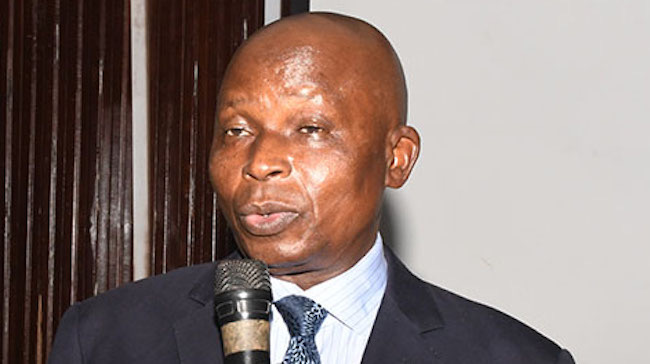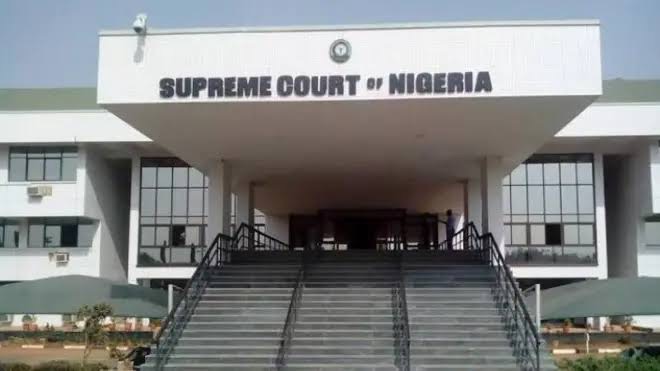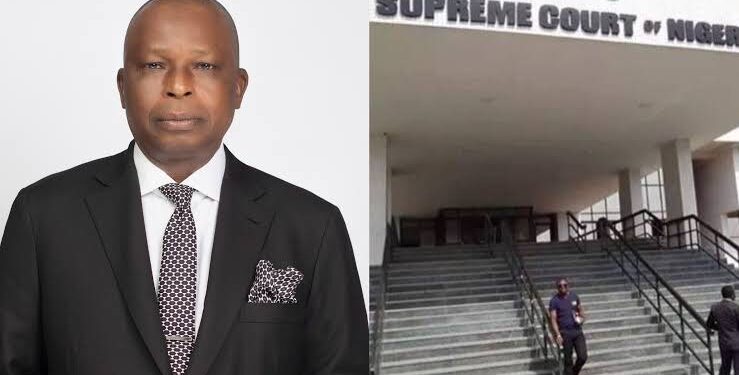Lateef Fagbemi, the Attorney General of the Federation and Minister of Justice has welcomed the Supreme Court’s landmark ruling that grants full financial autonomy to Nigeria’s 774 local governments. He believes this decision will significantly improve local governance, enhance security, and promote human rights.
Fagbemi made this announcement on Thursday in Abuja during the 17th-anniversary celebration of the Human Rights Writers Association of Nigeria (HURIWA). He pointed out that local governments, being closest to the citizens, had been under tight control by state governors for the past two decades. This tight control, he explained, had weakened the ability of these councils to function effectively, and previous attempts to resolve the issue had not succeeded.
Expressing his support for President Bola Tinubu administration’s actions, Fagbemi emphasized that President Tinubu’s leadership played a crucial role in addressing this problem. The administration’s decision to take the matter to the Supreme Court was a bold move that, according to Fagbemi, will not only improve governance at the local level but also enhance security and protect human rights.

Fagbemi stressed that the effective functioning of governance, security, and human rights is vital for societal progress. He highlighted the importance of exploring the connections between these areas to better serve citizens and safeguard their fundamental rights. He believes that a well-balanced approach to governance that incorporates security and human rights considerations is essential for the well-being of any society.
The Attorney General also pointed out that good governance requires cooperation among all three branches of government. He noted that poor governance often leads to violations of rights and injustices. Recent advancements, such as the passage of the Minimum Wage Bill and improvements in the judiciary, are steps in the right direction. These developments could help address underlying issues like poverty and unemployment, which often contribute to insecurity.
Fagbemi further emphasized that without adequate security, fundamental rights such as freedom of movement, expression, and association cannot be enjoyed. However, he stressed that security measures must always respect and protect human rights. Excessive use of force, arbitrary detentions, and other abuses undermine democratic principles and should be avoided.
He also issued a warning to law enforcement agents about the importance of adhering to legal standards for detention. According to Fagbemi, holding individuals in detention beyond the time allowed by the Constitution is unacceptable and will result in penalties. He reminded law enforcement officials to respect constitutional provisions and ensure that any detention is in line with legal requirements.

In addition, Fagbemi highlighted his commitment to protecting individual rights and ensuring justice as the chief law officer. He announced the creation of a new Department of Citizens Rights within the Federal Ministry of Justice to effectively handle complaints related to rights violations.
He also noted several recent positive developments, including the 2024-2025 Strategic Action Plan by the Administration of Criminal Justice Monitoring Committee and the official signing of Practice Directions and Guidelines on Remanding Proceedings by the Chief Judge of the FCT High Court, Justice Husseini Baba Yusuf. These changes are aimed at refining the remand system, protecting suspects’ rights, and ensuring justice is delivered without unnecessary delays.
Fagbemi concluded by expressing his satisfaction with these advancements, noting that they reflect a commitment to improving the justice system and upholding the rights of individuals. He also mentioned that President Bola Tinubu had made changes to the National Human Rights Commission Board, further demonstrating a commitment to enhancing human rights protections.
Overall, Fagbemi’s statements highlight a renewed focus on ensuring that local governments are empowered, security measures are balanced with human rights, and that justice is administered fairly and efficiently.



































